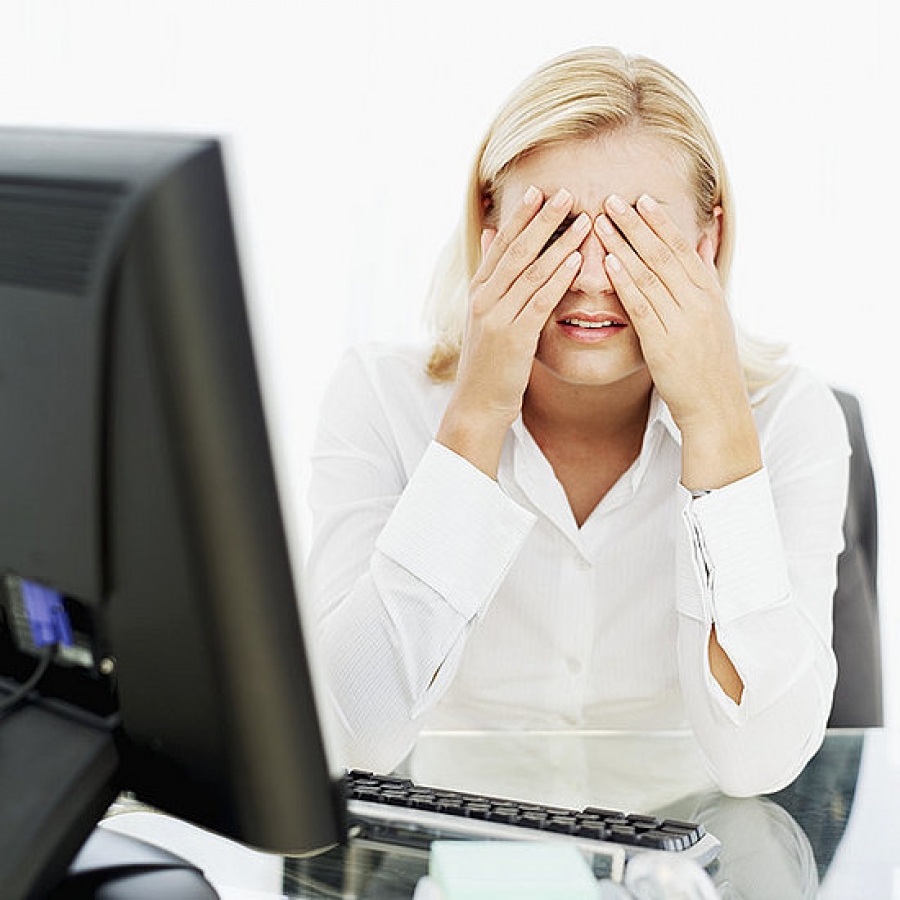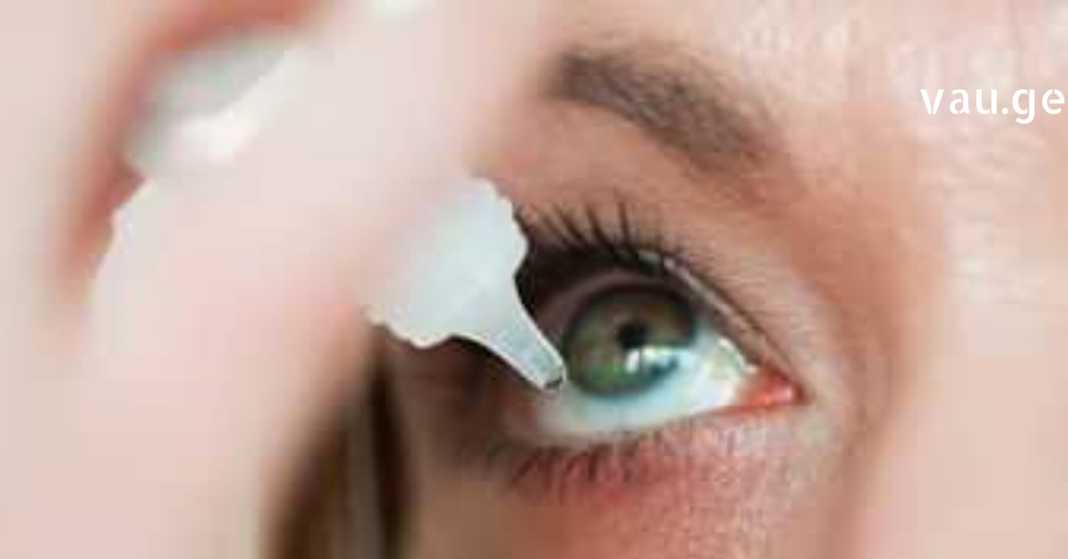In this article, I will introduce you to harmful habits that destroy your eyesight. The greatest gift that God has blessed us with is our eyes, allowing us to enjoy the colorful world around us, beautiful creatures, and nature’s wonders.
Eyes are arguably the most important organ of the human body, yet, whether consciously or unconsciously, we often harm this precious gift.
Today, we will explore 10 harmful habits that damage your vision and require immediate change or cessation.

1. Smoking Damages Your Eyesight
Smoking doubles the risk of vision loss after the age of 50. It causes damage to the retina, and when the retina begins to deteriorate, your eyesight worsens. Toxic substances in cigarette smoke reduce blood flow to the eyes, increasing the risk of age-related macular degeneration, cataracts, and other serious eye conditions.
2. Improper Eye Cleaning and Rubbing
Not everyone knows that simply rubbing or improperly cleaning your eyes can have serious consequences. This habit can cause permanent damage to the cornea, the clear front surface of the eye. Additionally, rubbing too hard may rupture delicate blood vessels around the eyes, leading to redness, irritation, or even bruising. It’s essential to be gentle and hygienic when touching your eyes to avoid infections or injuries.
3. Excessive Screen Time
Spending long hours staring at computer screens can cause Computer Vision Syndrome (CVS). This condition affects people who work in front of computers all day. Nowadays, excessive use of social media leads many to look at screens for over two hours at a stretch, causing dry and tired eyes. To prevent CVS, it’s important to take breaks and look away from screens periodically. This resting time allows your eye muscles to relax and reduces eye strain, keeping your vision sharper for longer.
4. Alcohol Can Harm Your Vision
It is well-known that excessive alcohol consumption harms the body, but it’s important to note that it also drastically worsens eyesight. Alcohol affects the optic nerve and can cause temporary blurriness or long-term damage with chronic abuse. Additionally, alcohol can contribute to vitamin deficiencies that are vital for maintaining healthy eyes.
5. Poor Diet Can Damage Vision
Good eyesight depends heavily on good nutrition. A healthy body and eyes require many essential nutrients. Vitamins E and C and omega-3 fatty acids play a crucial role in maintaining eye health. On the other hand, a diet high in sodium causes dehydration in the body, which leads to dry eyes and discomfort. Therefore, avoiding salty foods and consuming a balanced diet rich in fruits, vegetables, and healthy fats is necessary to keep your eyes functioning well.
6. Neglecting Regular Eye Exams
Regular eye check-ups by specialists are vital to know the current state of your eye health and to catch potential problems early. Many eye diseases develop silently without obvious symptoms but can lead to permanent vision loss if untreated. Visiting an eye doctor at least once a year helps monitor your vision and allows timely interventions.
7. Excessive Makeup Use
Using too much makeup can harm your eyes. The eyes are very sensitive, and makeup products, especially if old or contaminated, may cause irritation, infections, or allergic reactions. Removing makeup thoroughly every night and avoiding the use of expired cosmetics will help protect your eyes.
8. Not Wearing Sunglasses
If you need corrective lenses or sunglasses, make sure to wear them. Sunglasses protect your eyes from harmful ultraviolet (UV) rays that can cause serious damage. Prolonged exposure to sunlight can lead to headaches, redness, and increase the risk of cataracts and other eye conditions. Wearing sunglasses whenever you go outside is a simple way to shield your eyes from UV damage.
9. Overuse of Eye Drops
Many people use eye drops to relieve dryness or irritation. However, excessive or improper use of eye drops can irritate your eyes and worsen symptoms. Some drops contain preservatives that may cause allergic reactions if used too frequently. It’s best to use eye drops only as directed by a healthcare professional.
10. Watching TV or Screens Before Bedtime
Watching any type of screen while lying in bed can be harmful to your eye health. The rapid color changes and flickering on the screen force your eyes to work harder to keep up. This excessive strain can lead to headaches and increase eye dryness. Additionally, screen exposure before sleep disrupts melatonin production, making it harder to fall asleep and affecting overall eye and body health. It’s advisable to avoid screens at least an hour before bedtime.
Taking care of your eyes means protecting one of your most valuable senses. By avoiding these harmful habits and adopting healthier practices, you can preserve your vision and continue enjoying the beauty of the world for many years to come.


















